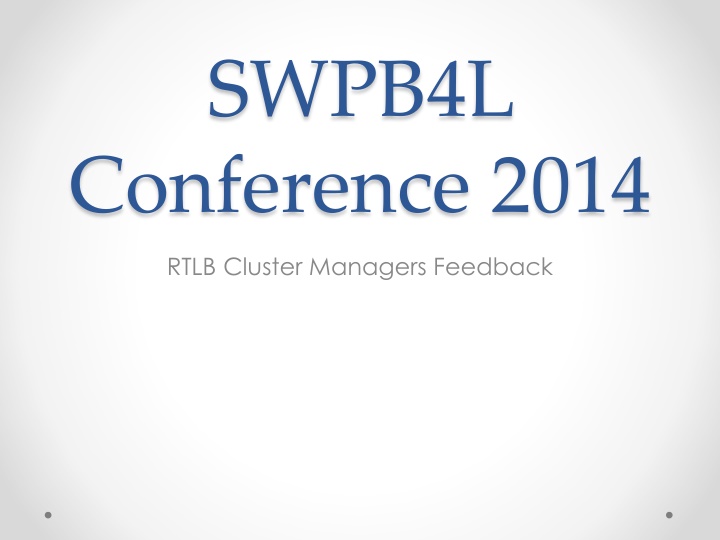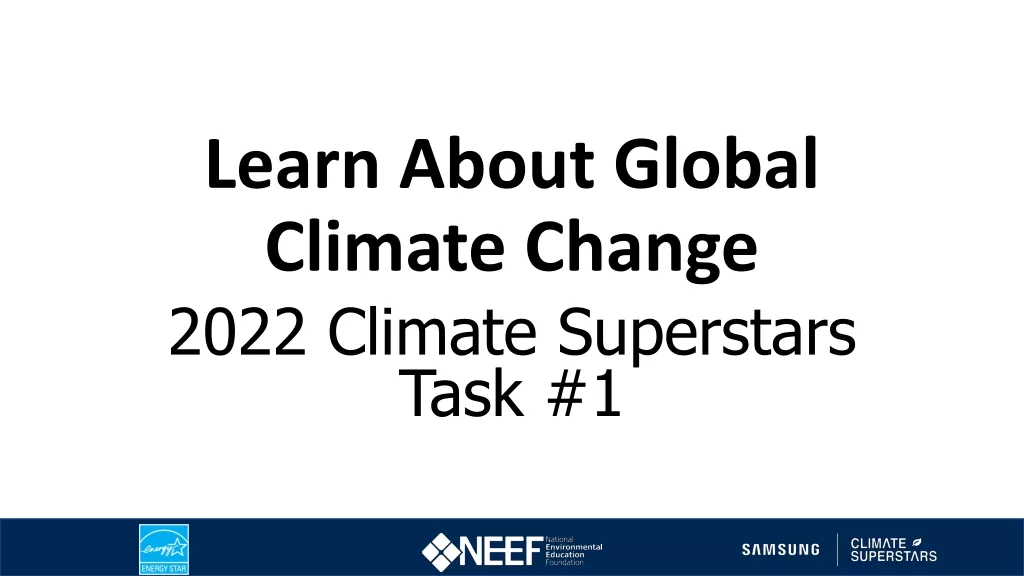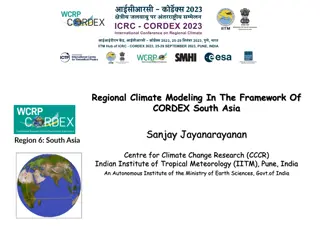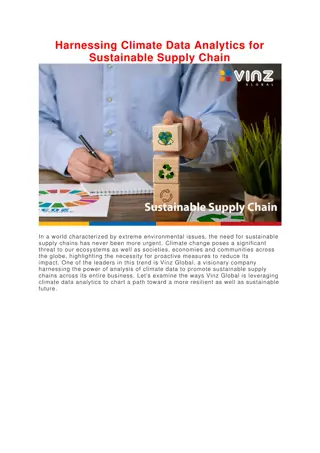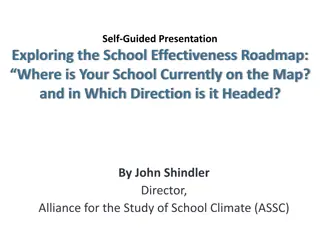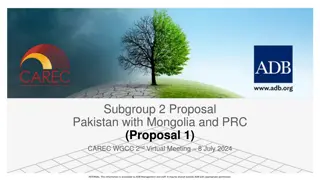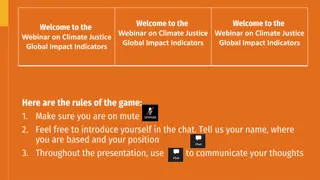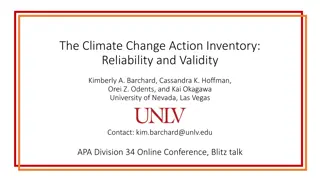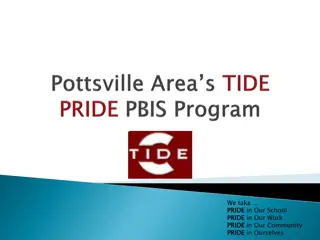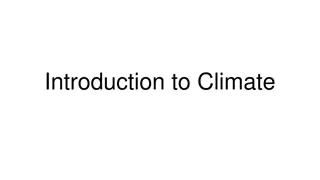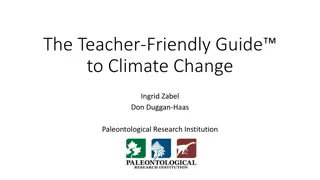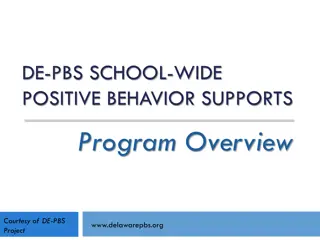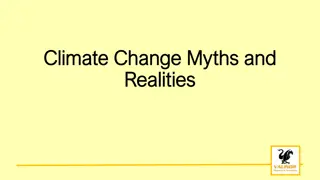SWPB4L Conference 2014: Promoting Positive School Climate
Dr. George Sugai discussed multi-tiered behavioural frameworks at the SWPB4L Conference 2014, emphasizing the importance of teaching and promoting pro-social skills through PB4L framework. The event highlighted strategies for working with all students, intensifying interventions for some, and individualized support. Hekia Parata also stressed the shift towards evidence-based systems for sustainable change in education. Additionally, Dr. Bob Horner emphasized the significance of supporting social behavior for academic success and the need for a school-wide positive social culture.
Download Presentation

Please find below an Image/Link to download the presentation.
The content on the website is provided AS IS for your information and personal use only. It may not be sold, licensed, or shared on other websites without obtaining consent from the author.If you encounter any issues during the download, it is possible that the publisher has removed the file from their server.
You are allowed to download the files provided on this website for personal or commercial use, subject to the condition that they are used lawfully. All files are the property of their respective owners.
The content on the website is provided AS IS for your information and personal use only. It may not be sold, licensed, or shared on other websites without obtaining consent from the author.
E N D
Presentation Transcript
SWPB4L Conference 2014 RTLB Cluster Managers Feedback
Dr George Sugai Multi-Tiered Behavioural Frameworks: Core Practice and Systems The presentations are available at : www.pbis.org PB4L is an approach to build a positive community climate- through teaching, promoting, reinforcing, and maintaining pro- social skills. PB4L framework: a continuum of evidence- based interventions to achieve academic and behavioural success for ALL students.
Through a 3-tiered system of Instruction and Positive Behaviour support Tier 1 - working with ALL students Tier 2 intensifying for some (interventions more explicit, targeted, peer-based supports) Tier 3 individualised, prescribed (IWS, person- centered planning) Teach behaviour based on function and context.
Hekia Parata The Minister emphasised that this is not a programme, but an evidence-based system. She described it as a change in an operating model, towards sustainable change. Changing adult behaviours, views, actions towards gaining student change. Upskilling students to manage their learning and change, for successful lives.
Dr George Sugai Teaching Social Skills to promote a positive School climate. Points noted:- Teach behaviour as relentlessly as we teach reading & academic subjects. Behaviour is learned through pairing antecedent cues with frequent consequence feedback. Social consequences are social peer acceptance/ positive adult judgements.
SKILL teaching- say it; model it; practice it; reteach it; practice it. Social skills are acquired over time through explicit teaching. The Challenge: to break OLD habits, replace with NEW habits. CUE: Remove competing cue- add desired cue HABIT: Teach the acceptable/ desired alternative REWARD: Remove reward for old habit; add reward for new habit.
Dr Bob Horner Messages: 1. Supporting social behaviour is central to achieving academic gains. 2. It must be: Predictable; Consistent; Positive; Safe. 3. Teachers must do well for ALL students more effective, equitible, efficient. 4. A school-wide positive social culture is common language; common vision; common experiences. 5. Data needs to be evaluated regularly- Is it effective, efficient, equitable ?
5. A continuum of supports: starts with the whole school, Tier 1. 20% will need more support, Tier 2. 5% will need intensive/ wrap-around/ individualised support, Tier 3. 6. Tier 2 Check in/Check out: To build student self- regulation; through increased feedback; home/school support; adult positive interaction. 7. Available N.Z. data from 515 schools- Challenges: EC- fighting Middle School- classroom insubordination Secondary truancy
PB4L Primary School: The Turaki Way. The PB4L Opening included: Aroha signage; class presentations; games; celebrations. AROHA Attitude Aro, thought, focus - Respect - Ro, reflective, look inward - Ownership- Ona, generosity - Honesty Ha, life force, energy - Achievement Aroha, love
Structure includes: Student reps- leadership, reps, role models Aroha rewards- to students showing Aroha Aroha assemblies- spinning wheel rewards Aroha game show, each term Aroha stamps Aroha school bus- long-term rewards/prizes Aroha trading cards Caretaker rewards Designs- Year 8 Hoodies, logo Staff acknowledgements
PB4L in 5 West Auckland Secondary Schools A team approach over the cluster of 5 schools Each school set their own Framework Doing it Your Way . Team work- coming together; working together; keeping the enthusiasm/capacity. Values: Each school set their own eg PRIDE- Participatiion; Respect; Integrity; Diligence; Empathy Data:
Challenges- KMAR has limits SMS may be better, needs investigating Staff buy-in Time availability- for meetings, PLD Competition with other school initiatives Being able to work in a cluster Positives Graphs give a pattern of incidents/ times Graphs give a point for discussion Teaching PB4L values through facility areas gives sustainable and natural- eg litter in economics Acknowledgements are popular ( not promoted as rewards) Teaching- don t assume a thing, either to staff or students Teach a man to fish & you feed him for a lifetime.
PB4L Social Skills (from George Sugai s presentation at PB4L conference September 2014 Hamilton)
Teaching Social Skills Alongside Curriculum Promoting and teaching social skills is as important as teaching academic skills --understanding why and how social skills are learned and encouraged is less understood (Sugai)
Low Behaviour Referrals = Schools with low behaviour referrals showed higher academic gains. Schools with high behaviour referrals showed low academic success Must teach social skills and learning instruction together, can t just teach social skills. Researchers Mackintosh Chard Horner Nielsen, Horner
Social Skills Levels Sugai.. Social skills develop over time, become more fluent . Cannot leave to chance. 1.Acquisition level.. 2.Fluency level Practice with feedback 3.Maintenance 4. Generalisation
Social Skills Focus 1.PB4L Schoolwide = Particular focus is whole school Instructional model, additional social skills instruction self management mentoring Linked in with school expectations 2. IYT Particular Focus is Classrooms Proactive in terms of coaching positive discipline, planning social emotional development Planning how to give attention, incentives, follow up of targeted children.
Proactive Strategies IYT gives teachers the skills to combine academic and social/emotional instruction. Examples from pyramid. Empathy, modelling Modelling teacher s language, specific coaching Increase positive behaviour support values and philosophy Proactively coaching academic+social emotional competence.
Coaching Specific teaching and coaching language targeted at skills deficits Descriptive Commenting Examples Taking turns They are enjoying the game with you because you are taking turns. Persistence. That was really hard but you kept on trying
Coaching for Teamwork, Friendship You are listening to your friend you are letting him go first, you are taking turns, that s great teamwork, you are helping each other. He s done a good job, you can give him a compliment. Problem solving listening talking. Folders --- statements academic coaching
Coordinated Social Emotional & Academic Learning Greenberg et al. (2003) American Psychologist * Teach children social skills directly in context * Foster respectful, supportive relations among students, school staff, & parents * Support & reinforce positive academic & social behaviour through comprehensive systems * Combine classroom & school- & community- wide efforts
Using Positive Behavioural Interventions and Supports to Make Schools more effective and equitable Predictable students know exactly the purpose of school and expectations School should be a place where children feel safe and are safe. Bullying is the iceberg it is something which is systemic and cuts through the quality of the environment. PB4L builds community- a learning community. Build communities where everyone knows the expectations, build on successes.
Consequences Think learning opportunities instead of consequences- helping the child to be successful. This is about students expecting the right behaviour from each other. Everyone should know the expectations and goals of learning. Teach the expectations this way it will work!
Use Data You will never be able to get good practice until you have good systems data!! Use data to identify the trends, time of events. Sharing the data? Look at risk ratios if larger than 1.25 the you have issues. Measure the behaviour plan RTLB to monitor
Marcus Akuata-Brown We must become great weavers so others can hear the Tuis
Key Messages How are we connecting to people and place? When you think you are not good enough you don t care about about the decisions you make Connections to purpose and place does gives you a purpose Your decisions do determine your destiny Presence in other peoples life, changes things Challenges us to align our head, heart and puku Challenges us to lift our conversations Courage lives on the inside You must become the change you want to see in the world
General Key Statements The fundamentals help us to do more complex jobs It takes four years to get to sustainability and innovation. Challenging students are slow to respond by definition. Are you prepared to bet your next weeks salary on the decisions that you make. There is no good idea that we can t do badly.
